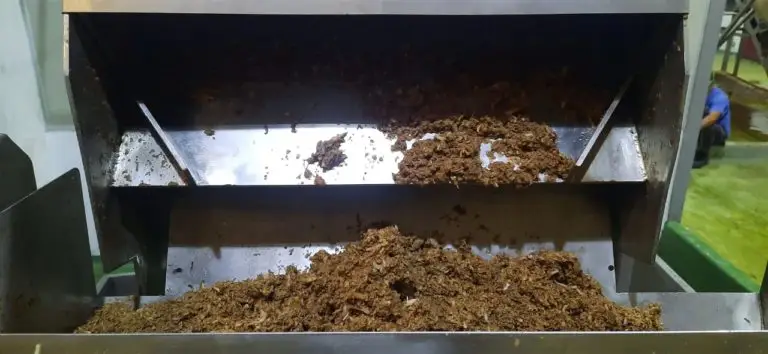In Southeast Asia, one of the largest potato chips manufacturers had a big plan – they wanted to boost their production capacity with a new potato chips line, churning out 1500 Kg/Hr of delicious chips.
But making potato chips is not easy on the environment. It uses a lot of water and energy, and it creates a ton of waste in the form of peels and organic materials.
The Challenge:
The high water and energy use were big challenges. But there were other issues too:
- Water Treatment Struggles: Their water treatment plant was under pressure.
- Drain Blockages: The drains kept getting clogged.
- Messy and Smelly Peels: Wet peels created hygiene and odor problems.
- Bio-Waste Hassles: They didn’t know how to handle all the organic waste.
Our Solution:
At E.W, we’re all about finding sustainable solutions. We proposed a complete system to recycle water and recover potato peels:
- Peel Separation: We used a special screen to separate the wet peels from the water.
- Mud Separation: With a clever hydro cyclone system, we separated the mud from the water.
- Peel Compaction: We compacted the peels into a solid mass.
The Results:
Our solution worked wonders:
- Water consumption dropped by a fantastic 40% because we recycled the treated water.
- We recovered 50 Kg of compacted peel every hour.
- The compacted peel became fuel for biomass boilers.
- The return on investment (ROI) was less than a year.

